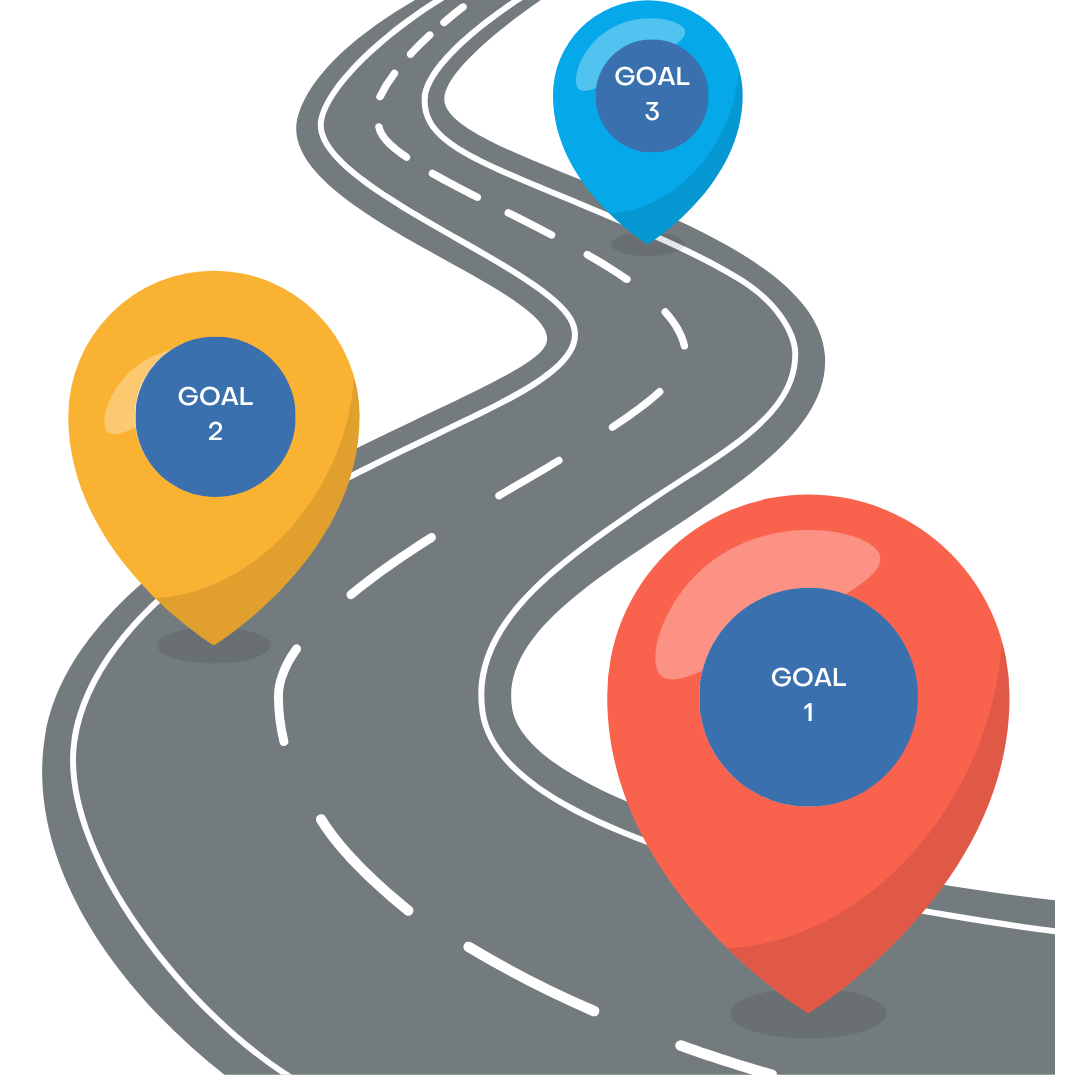Product Launch Success Strategies
Product Launch Success Strategies

To have a successful product launch is essential for any company. Knowing the size of your company or the nature of your market, your new product needs to generate a buzz, an interest and ultimately sales. Successful product launches are the result of meticulous planning that begins with a thorough assessment of the specific requirements of the product. Then think about the potential problems you’ll encounter. Your new product’s success can be ensured by modeling your strategy after other companies’ successful launches.
- Elements Of a Successful Product Launch
- Strategies For Product Launch Success
Elements Of A Successful Product Launch
A well-thought-out strategic plan is necessary for the introduction of every successful product. This is one of
ConnectA Strategic group's primary areas of expertise. The question now is, how do you begin the process of building your launch strategy? To begin, it is important to think about the factors that contribute to the successful launch of a product as well as the blunders that can hinder that launch. After that, you'll be able to choose which metrics you should continue to monitor throughout the duration of your product launch. You will better position yourself for a successful product launch if you take preventative measures to avoid frequent product launch hazards. In addition, you won't have to spend time correcting errors, which means you can instead concentrate on evaluating how well your product launch went.
Strategies For Product Launch Success
Your company's financial line and overall brand awareness will both benefit from an effective product launch strategy. You should focus on satisfying both the clients you already have and those who might become customers in the future. You are able to craft a strategy, create a plan, and advertise to the appropriate audience if you keep track of key performance indicators (KPIs), which you may do in conjunction with your product development marketing.
Here are strategies for a successful product launch:

Establish A Product Launch Plan
A well-planned product launch is one of the most important factors in ensuring the launch of a successful product. You need a road map to assist you stay on the right route all the way through the process, from the design phase to tracking sales. Involving the appropriate individuals is the initial step in developing a strategy for the launch of a product. The success of a launch is not just dependent on the product managers. Ensure that your salesmen, marketing staff, and production department are all included in the planning process. And in order to hone your launch approach, make sure to ask the following important questions:
- Will the launch strategy that you employ, in addition to the product itself, enhance both your brand awareness and your revenue?
- In order to increase revenue, which marketing channels will you prioritize? This may include advertising on radio or television, marketing through social media platforms, or even attending product launch events like trade shows in the days preceding up to your launch day.
- What kinds of resources does your sales and marketing team require in order to be successful?
- How do you plan to measure the success of the new product launch?
- In other words, what key performance indicators (KPIs) will you be measuring, and how will you adjust your plan if you're not meeting your objectives?

After you've determined the answers to these questions, you'll be able to put the finishing touches on your launch plan and move on to the process of promoting your new product.
Carry out some research on the market
Conducting research on the market is crucial if you want to ensure that your product is something that consumers require or desire. Be certain that there is a market for your product and that you can sell it at a price that your clients are prepared to pay in order to be successful. At this point in the process, you should be looking for answers to topics such as how you can serve different types of clients and how many customers have unmet needs that can be filled by your product.
Identify Your Target Market
Having a solid understanding of the demographics that are most likely to buy your goods may make a world of difference to both your marketing approach and your messaging. Any new product launch is doomed to fail if the company behind it is either ignorant of its target market or markets to the wrong demographic of consumers.
Recognize who your rivals are in the market.
Do not fall into the trap of having insufficient awareness of your rivals' strategies. If you are unable to identify your rivals, you will be unable to determine what it is that needs to be done in order to increase your number of sales. If you research the products and marketing approaches used by your competitors, you will be in a better position to exploit their shortcomings and convince people to choose your product over theirs.

Formulate a plan for your marketing efforts.
Marketing drives sales. Every business must have an overarching marketing plan, and every new product must have its own individualized marketing strategy. Your marketing effort should both thrill your current clients and attract new customers. And after you have the attention of your target audience, your marketing plan should focus on developing a relationship with your customers so that they continue to patronize your business. Create a marketing strategy that will generate enthusiasm before the debut of the product and will continue to generate excitement throughout the life cycle of
the product.
Make a spending plan.
One of the most typical pitfalls that can jeopardize the success of a product launch is failing to accurately estimate the budget required for product design, production, and marketing. Take the time to properly prepare your budget, and keep an eye out for any potential changes to the product launch schedule that could have an impact on your spending.
Establish Goals That Can Be Measured And Benchmarks For Success
You will be able to analyze your product launch strategy if you first determine your general goals and then develop benchmarks that can be tracked and are within your reach throughout the launch. Some examples of these benchmarks are the number of posts on social media about your new product, the volume of traffic on your website, and the ratio of your budgeted expenses to the actual costs. It is important to keep in mind that you will need to perform ongoing analysis on the metrics that you determine. You always have the option to change the plan if you discover that your tactic isn't doing as well as you'd anticipated it would.
Be sure to put your product through rigorous testing.
You most likely are familiar with the procedures involved in a successful product launch because you are a professional product manager. On the other hand, there is always the chance of human error. Be sure to steer clear of developing a product of subpar quality as you devise the strategy for your launch. A controversy surrounding the launch of your product is a typical obstacle that can stand in the way of your success. Over the years, you've probably witnessed unsuccessful product launches due to problems with cell phone batteries that
exploded or expensive apparel that triggered allergic reactions in customers. Make sure that your product goes through rigorous testing and that you conduct considerable research on the industry so that you can avoid such a disaster.
Learn from the Successes and Failures of Other Businesses and Their Strategies
A successful product launch provides an opportunity for the product manager to learn important lessons. You may improve the performance of your product launch by drawing inspiration from the achievements of other companies. Investigate the factors that contributed to the success of a launch. What was the company's strategy regarding the use of social media? Did they air any advertisements on the radio or television? How did they manage to attract both their present clients and new potential ones? You need to take a look at the things that were unsuccessful for the organization. This will assist you in determining what you should concentrate on and what you should steer clear of. To put it another way, make use of previously successful product launches as resources and learning tools to aid in the success of your own launch.
Evaluate the Level of Success Achieved with Your Product Launch
Tracking concrete data throughout the product life cycle enables you to assess how well your product was received after it was first released to the market. Check to see if there has been a rise in the number of visitors to your website as a result of the enthusiasm about the new product. Check to see that your advertising activities, in addition to the product itself, are generating a good return on investment as well as a healthy margin of profit. Because every product is different, it is important to determine and monitor the KPIs that are specific to your offering. This can assist you in determining how effective your product launch was!
Show Your Support for Your Team.
Launching a brand-new product is a massive job. You still could run into difficulties despite having a team of experienced product managers and talented marketers working for you. At
ConnectA Strategic Solutions Group, we know how to assist an average product launch team in becoming excellent, and we know how to assist an excellent team in becoming outstanding. Our support system for your product launch team will place them in a position where they will be able to see repeated instances of a successful launch. We are aware of how much training on your new product will be required for your marketing, sales, production, and customer support teams in order to provide excellent service to your consumers and improve the performance of your product launch. Therefore, provide them with the tools they need to be successful!

Get Ready to Overcome Obstacles During the Product Launch
All product launches have the same universal source of discomfort: hurdles and problems. Fortunately, if you are aware of the potential challenges that you may experience during the introduction of your product, you will be better equipped to overcome them or to completely prevent them. Foresight and careful planning can help you overcome obstacles during the product launch process. To begin, ensure that the appropriate individuals are involved in the process of developing your launch strategy. Your launch needs to be the result of a collective effort, and each member of your team may assist you in identifying potential obstacles to avoid. Second, don't deviate from the game plan! Make any adjustments as needed if the performance of your launch isn't as good as you'd imagined it would be. If you make too many changes, it is possible that your audience will become confused, which would make the launch even more unsuccessful.
If you are well-prepared, you will be able to circumvent numerous obstacles and recover quickly in the event that your product launch encounters problems along the way. At ConnectA we can give you the best strategy and help you with implementation for a seamless process and successful product launch.












